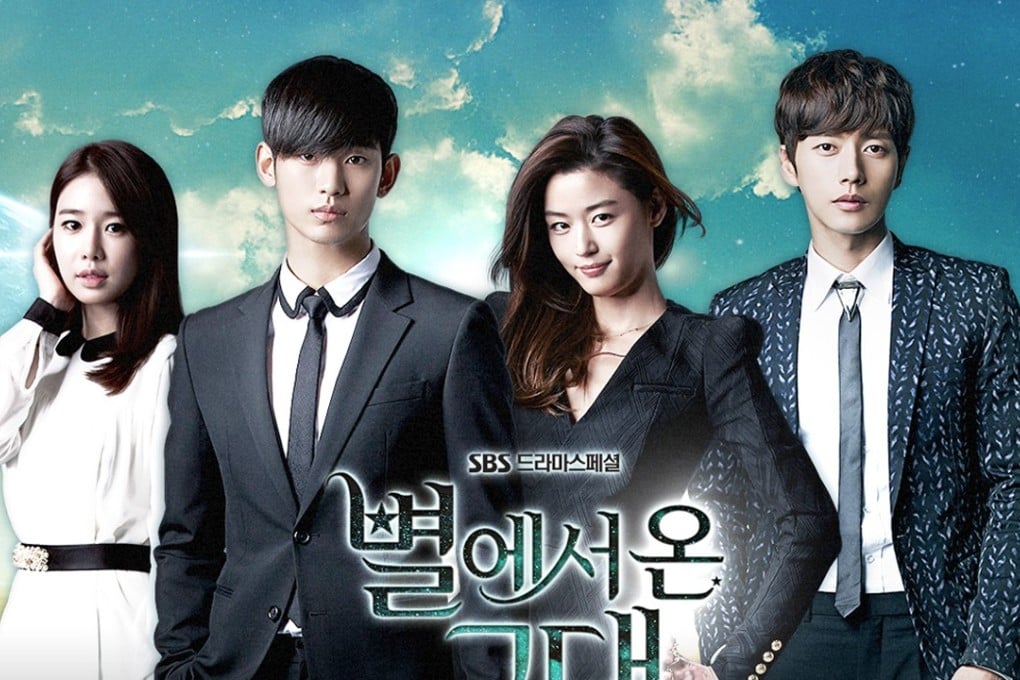
Cantonese can try the Korean way with TV
I refer to your article on Cantonese as a cultural asset (“Use Cantonese as a tool to extend city’s influence”, May 5). There are two ways to spread Cantonese around the world: cultivate budding directors and stars, and focus on social media.
First, TV shows are the easiest way to spread one’s culture. Korean TV dramas are one example. Korea puts a lot of resources into their production, such as training talented directors and actors. The shows are thus of high quality, and capture audiences’ hearts.
Take My Love from the Star: fans began to learn Korean to enjoy the show in the original language and went out to try the Korean food favoured by its stars. Cantonese language and culture may be popularised in a similar way, not only through TV dramas but pop music as well.
Second, the power and reach of these forms of entertainment can be enhanced through social media, which can be used to promote TV dramas, with interviews with stars and directors, as well as articles and video clips from web magazines, websites and TV for a global audience
If Cantonese is harnessed as a soft power, it will undoubtedly boost Hong Kong’s economic growth, as not only do successful cultural exports attract people to learn a language or about a culture, but also bring in curious tourists.
Hui Wing Ka, Yau Yat Chuen